Advertisement
What You Should Know About Kratom
A Q&A on the controversial opioid withdrawal aid

Kratom is one of those plants that you might assume is a safer, natural alternative to other drugs. But don’t be fooled: There’s a dark side to kratom-derived pills, powders and teas.
Advertisement
Cleveland Clinic is a non-profit academic medical center. Advertising on our site helps support our mission. We do not endorse non-Cleveland Clinic products or services. Policy
In this Q&A, integrative medicine specialist Yufang Lin, MD, explains why “natural” doesn’t always mean safe, especially when it comes to kratom.
Q. What is kratom?
A. Kratom (Mitragyna speciosa) is a tree in the coffee family. It’s found in Southeast Asia and Africa. Traditionally, people have:
- Chewed kratom leaves.
- Made kratom tea to fight tiredness and improve productivity.
- Used kratom as medicine.
- Substituted kratom for opium.
- Used kratom during religious ceremonies.
Q: What does kratom do?
A: Low doses of kratom can make you more alert. However, high doses of kratom can cause:
- Decreased pain.
- Pleasure.
- Sedation.
This is because two of the compounds in kratom (mitragynine and 7-hydroxymitragynine) interact with opioid receptors in your brain.
Q: Why do people use kratom?
A: Precisely because kratom interacts with the brain’s opioid receptors, some people use it to relieve pain or overcome opioid addiction. Medical communities now try to shy away from opioid use for pain, so many patients who previously relied on them no longer can. Scrambling to find alternatives, some people turn to kratom, which is a compelling replacement because it has similar pain-relieving effects.
People tend (however incorrectly) to think that kratom is safe because it’s “natural.” It’s also legal and easily obtainable in many states — without the stigma attached to narcotics.
Q: How is kratom used?
A: Traditionally, people drink kratom as a tea or chew its leaves. Kratom can also be found in resins, extracts and tinctures.
These days, you may find kratom in pills, capsules, powders or even drinks. In Thailand, for example, you can buy a concoction made with kratom leaves, cough syrup, cola and ice. And kratom bars have begun to pop up across the U.S., offering kratom concoctions in place of cocktails.
Q: Does kratom have any side effects?
A: Yes. Don’t let the fact that kratom is “natural” trick you into thinking it’s safe. In fact, kratom’s potential for severe side effects outweigh its potential benefits — and in extreme cases, kratom has even caused death.
The most common side effects of kratom are:
- Aggression.
- Altered mental status.
- Anxiety and irritability.
- Constipation.
- Delusion and hallucination.
- Drowsiness and sedation.
- Dry mouth.
- Frequent urination.
- Itching.
- Nausea and vomiting.
- Tongue numbness.
Other serious kratom side effects include:
- Cardiac issues, such as heart attack, abnormal heart rhythms and high blood pressure.
- Encephalopathy (brain disease).
- Hallucination.
- Hypothyroidism (underactive thyroid).
- Insomnia.
- Liver damage and liver failure.
- Rhabdomyolysis (A condition that leads to kidney damage when muscles disintegrate and release a protein into the blood).
- Respiratory depression (difficulty breathing).
- Seizure.
Long-term kratom users may also experience:
- Increased cheek pigmentation.
- Loss of appetite.
- Tremor.
- Psychosis.
- Weight loss.
Advertisement
Q. Is kratom addictive?
A: As with opioids, you can get addicted to kratom. People going through kratom withdrawal may experience:
- Muscle spasms.
- Pain.
- Rhabdomyolysis.
- Rigidity.
- Seizures.
- Tremors.
Q: Is kratom legal?
A: The U.S. Food and Drug and Administration (FDA) has warned consumers about the dangers of using kratom. And as of mid-2021, kratom is illegal in six states:
- Alabama.
- Arkansas.
- Indiana.
- Rhode Island.
- Vermont.
- Wisconsin.
In some states, including California, Colorado, Florida and Mississippi, kratom is legal under state law but banned or controlled in some individual cities, towns and counties. In other states, various kratom legislation is still pending.
Globally, kratom is illegal or restricted in more than a dozen countries, including parts of Europe, Japan and Russia.
Q. Is kratom safe to use?
A: Due to its dangerous health effects — plus the very real risk of getting your hands on low-quality and contaminated kratom products — you should not use kratom in any form.
If you are experiencing pain or want to overcome opioid addiction, talk to your doctor. Together, you can find a safe way to reach your health goals.
Advertisement
Learn more about our editorial process.
Advertisement
Related Articles
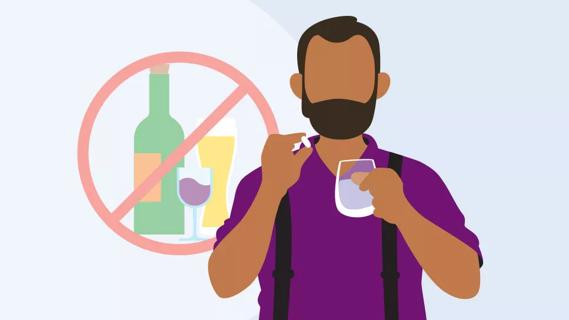
Why You Should Avoid Alcohol on Antibiotics
Even a little alcohol can slow your recovery, so it’s best to wait until after you finish your antibiotics before imbibing

What To Avoid When Taking a Blood Thinner
Bleeding is a risk and warrants taking care, but the reward of this lifesaving medication is great
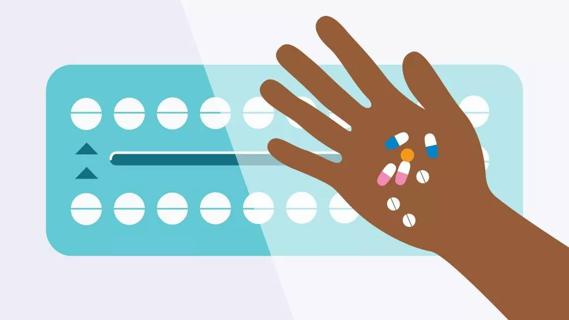
What Medications Interfere With Birth Control Pills?
Certain seizure medications, HIV treatments, antibiotics or herbal supplements can make your oral contraception less effective
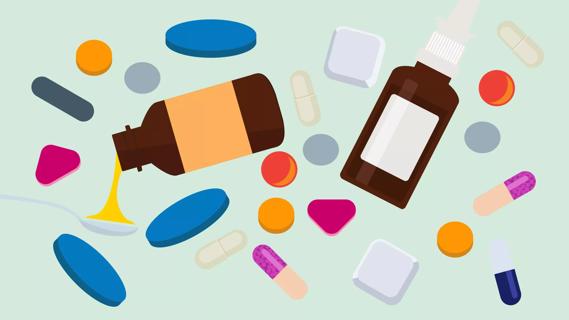
Is It OK To Take Expired Medicine?
Some types of expired meds may not be harmful, but they probably aren’t worth the risk
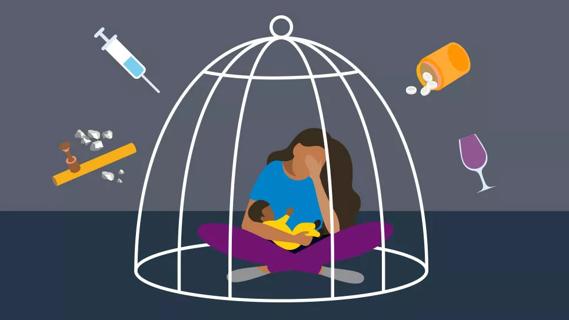
Can Babies Be Born Dependent on Drugs?
Neonatal opioid withdrawal syndrome, or NOWS, can develop when a birthing parent uses opioids, nonmedical drugs or even some prescription drugs during pregnancy
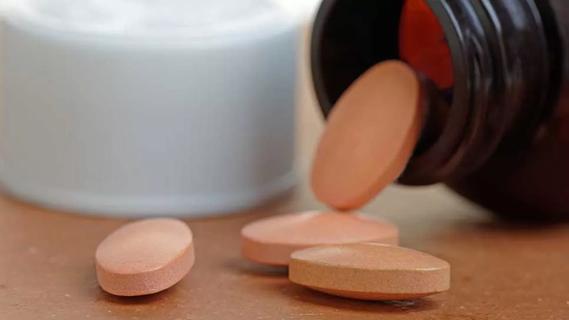
Take Your Cholesterol Meds: Stopping Statins Can Cause Dangerous Side Effects
Stopping this critical medication on your own increases the risk of heart attack, stroke and more

Can Aspirin Lower Blood Pressure?
Don’t believe the rumors about aspirin being a magic way to lower BP
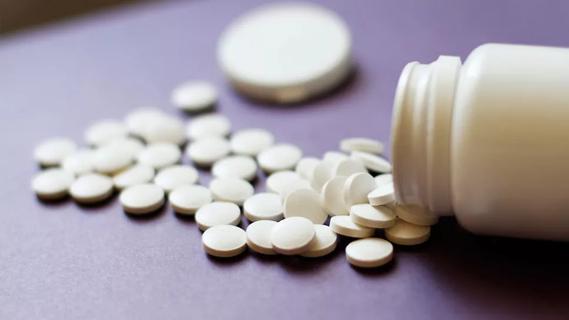
Why You’re Sensitive to Aspirin
A reaction to the medication may trigger preexisting asthma and result in sinus or skin reactions
Trending Topics

Here’s How Many Calories You Naturally Burn in a Day
Your metabolism may torch 1,300 to 2,000 calories daily with no activity

5 Sinus Massage Techniques To Relieve Pressure and Promote Drainage
A gentle touch in all the right places may help drain your sinuses
